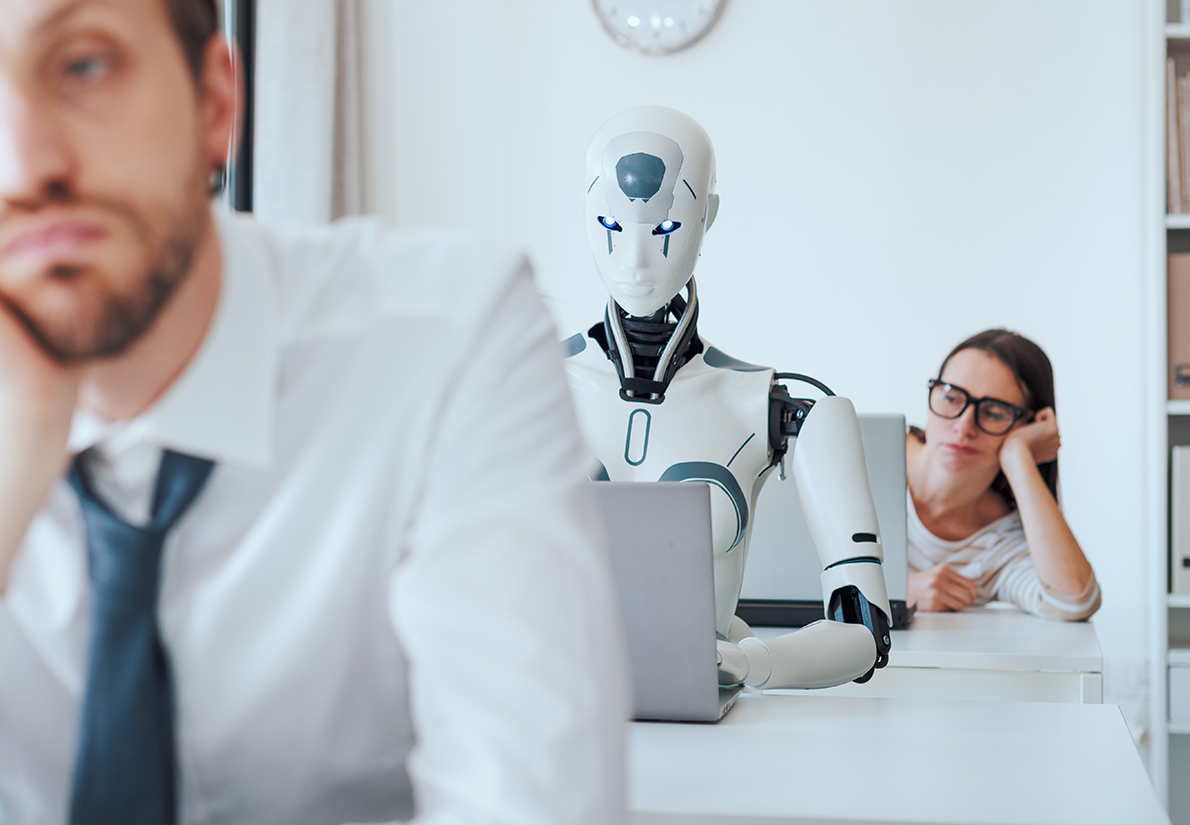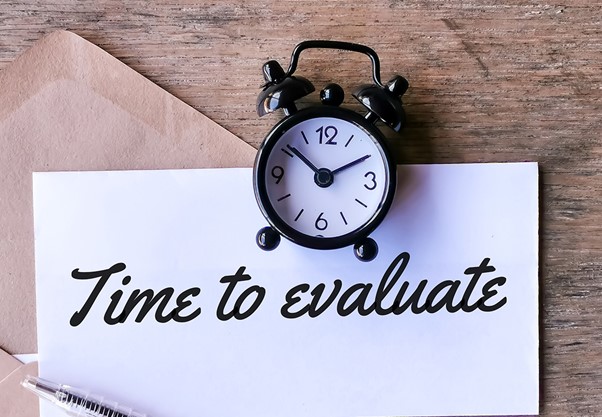Now and tomorrow – What does the future hold for AI, Employers, and HR?

In a recent article we looked at AI and the impact it has had on human resources. We touched on a few potential benefits as well as mentioning some dire warnings about placing too much faith in artificial intelligence. So, what does it all mean to you as an employer and how should you be responding with your human resources hat on?
AI in the workplace.
There is no doubt that artificial intelligence is going to have an increasing role to play in almost every workplace. As with all technology, it will be adopted depending on it’s financial and practical benefits. It is certainly already having quite an impact in some industries and, whilst it still very clearly requires human oversite, it is developing at a startling rate.
Currently, despite all the hype, AI is basically a useful way of compiling search results into usable, if not inspiring text. Specific image requirements are probably running a close second. AI is, as we discussed in a previous article, prone to exaggeration, it doesn’t always find reliable sources and, because is takes its information indiscriminately, it can be prone to developing bias. For now, you could certainly use AI generated responses in several areas, but you will still need to then check and amend them for ensure they are appropriate.
Some areas you may find the likes of ChatGPT useful are:
Creating the initial text for:
- Job ads
- Role specification
- Basic employment related documents
- Support materials for inductions and onboarding
- Standard policies and procedures
However, you need to remember that to create these documents and support materials the AI is basically taking its lead from existing content. That means everything will be at best generic to an industry. In short, it’s producing a basic formula, you will still need a HR professional to re-write it into a specific version for your specific needs.
For example: asking AI to write a job specification for a human resources assistant produced the following requirements for qualifications:
Qualifications:
- A bachelor’s degree in human resources, business administration, or a related field is preferred.
- Prior experience or internship in an HR role is a plus.
- Basic knowledge of HR practices, policies, and employment laws.
If we change that to a specific industry, we randomly went for automotive, we get:
- Bachelor’s degree in Human Resources Management or a related field (preferred) OR equivalent relevant experience.
- Proven experience in an administrative role, preferably in an automotive or manufacturing environment.
- Solid understanding of HR practices, policies, and employment law.
All the AI has produced here is basically to add some lip service automotive words to the same qualifications.
AI has really brought nothing to the party here and anyway the chances are that if you were an automotive employer, you already had this qualification requirement ready to cut and paste.
What about the future, though?
Well, that is a very different situation. Some industries have already experimented with replacing roles almost totally with AI. Administrative, customer service/information, medical, finance, and legal services all tend to rely on standard and highly predictable responses and could, in theory at least, be largely replaced with AI. The result for employers would be reduced costs, higher productivity and, sadly and inevitably, redundancies.
Other industries, such as manufacturing, construction, and agriculture, are less likely to be able to utilise AI. Well, that is, apart from where the functions are administrative in nature and in job roles that could be automated with AI control of robotics.
What should employers be doing from the human resource perspective?
We all need to brace for the impact AI is going to have in the workplace. The change will potentially be as big as the one brought about by the boom in computer technology in the latter part of the 20th century or the internet in the early part of the 21st. As with all technological changes it will be better to embrace it rather than resist.
What is important will be to start preparing for the future by looking at an AI use policy and what the proliferation of its use will mean to your day to day working practices. That could well mean you need to update your policies, think about employment contracts, and potentially prepare for the impact in areas such as job specification and employee skills.
When it comes to above, ironically, AI may not be much help.
Call us on 01604 763494 and let’s discuss what you need to do from a human resources perspective to prepare for the impact AI will have on your business.














